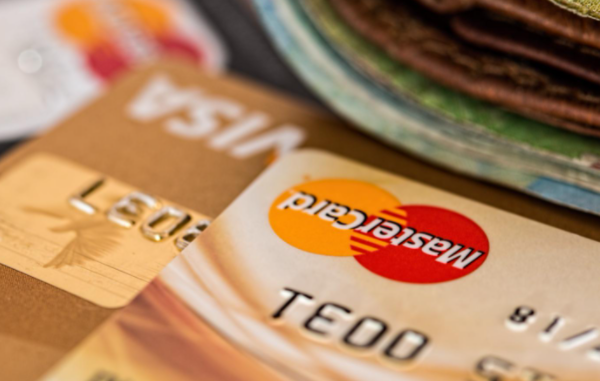
When an individual dies with debt, it’s often a wonder what will happen to the debt. Is there someone responsible for paying it? In this article, we’re going to give you an insight into who’s responsible for debt when a person dies.
If you have been made responsible for somebody’s estate after their death, you are considered an executor. Whilst this may seem like an easy role, where debt is involved, it can become complicated and risky. Using probate solicitors can make matters far more manageable and less stressful to handle.
Debt isn’t an uncommon occurrence in the UK, or anywhere in the world, particularly with living costs increasing. Due to London’s high cost of living and being 2020’s 6th most expensive city to live in the world, Londoners are expected to die with an average debt worth £243,445.
To find out who is responsible for paying debt when a person dies, keep reading…
What Happens to an Individual’s Debts When They Die?
Some people might presume that, once you pass away, any debts you had are wiped from the face of earth. However, as much as we could wish for this to happen, this is not always the case. But, you can be reassured it’s better than beneficiaries inheriting the debts.
When a person dies, their debts become a part of their estate and, prior to the beneficiaries receiving their inheritance, the estate must pay off any outstanding debts that the deceased person had in their life. The creditors may claim on the estate themselves once they are aware.
But, the remaining questions are:
- What happens if the individual’s debts are worth more than their estate?
- Who is responsible for paying these debts, especially joint debts?
- Is that individual liable if the debts aren’t paid?
Let’s answer these questions, here…

Who is Responsible for Your Debts When You Die?
When a person dies, their debts become the responsibility of their estate. However, for every estate there is, there will be estate executors or administrators who are in charge of the estate, such as paying any debts owed, paying inheritance tax, and distributing the estate to beneficiaries. This means the sole responsibility of paying debts will come down to whoever you choose as your estate executor.
Whilst most credit is taken out individually, there are times where debts are joint with another individual involved. Although debt isn’t usually inherited, it is when the debt is joint. If the debts are still outstanding and one party dies, the remaining debt due will become the sole responsibility of the surviving person.
Is The Executor Liable If the Estate’s Debts Aren’t Paid?
The person responsible for paying debts on a deceased person’s estate is the estate executor or administrator. But, despite this, these individuals are not personally liable for any debts of the estate if there is not enough money to fully pay creditors.
Taking on responsibility with significant amounts of debt across multiple lenders can come with a multitude of problems. If not resolved correctly, the executor or estate administrator could become responsible. An example of this could be not correctly calculating all the debts liable and releasing funds to beneficiaries before all debts are paid off.
Executors may also find that not all debts are disclosed by the deceased, meaning the possibility of undisclosed debts is highly possible. To avoid such problems, ensure you advertise in a local newspaper a Deceased Estates Notice in hopes creditors will come forward with claims. You are not required to do this, but doing so avoids the risk of being responsible for the debt after an estate has been fully distributed.
What Happens If the Individual’s Debt is Worth More Than Their Estate?
It might come as a concern realising that the deceased person’s debt is considerably more than their estate. But, you can rest assured that any remaining debts, once the priority ones are paid off first, are extremely likely to be written off.

Can Life Insurance Cover Debt?
Life insurance can sometimes feel like a burden on your finances, especially when it does not benefit us in any means. But, it can benefit and support your loved ones after you pass in many ways, such as using the death benefit to cover the outstanding debt when you pass away unexpectedly, meaning the estate can still be distributed amongst the beneficiaries.
Seek a Solicitor Where You’re Responsible for an Estate’s Debts
What we can determine from this article is that, where an estate has debts, these must be paid off before all else. If not, the executor or administrator can be held liable, as can they if any mistakes are made.
If you are made an executor of an estate, it is wise to seek legal guidance to ensure matters are dealt with efficiently. This also provides you with peace of mind that you won’t be held liable.
Have you dealt with an estate before? Let us know in the comments below.
Please be advised that this article is for general informational purposes only, and should not be used as a substitute for advice from a trained Wills and Probate professional. Be sure to consult a Wills and Probate professional if you’re seeking advice about a Will. We are not liable for risks or issues associated with using or acting upon the information on this site.